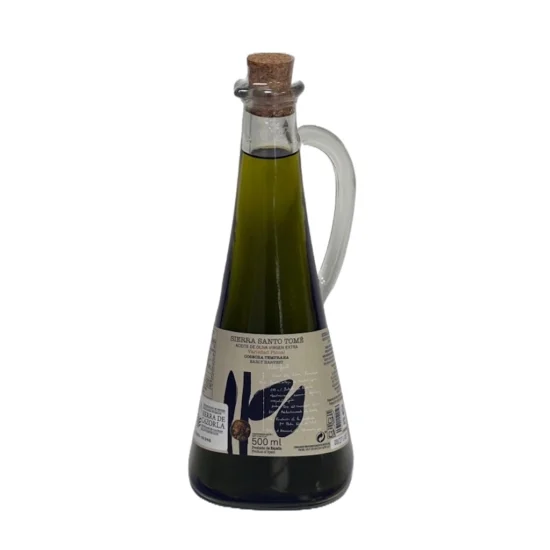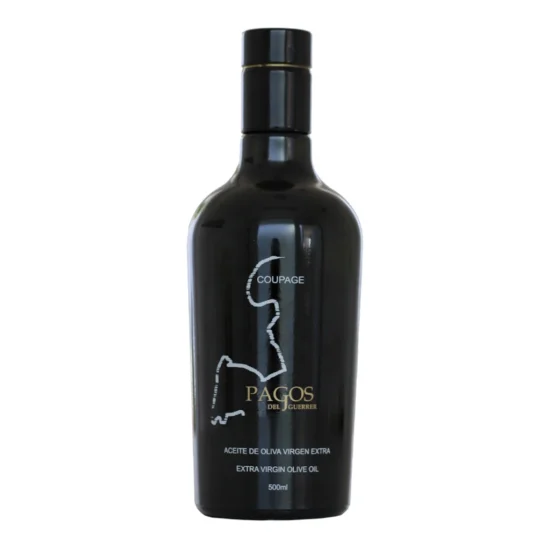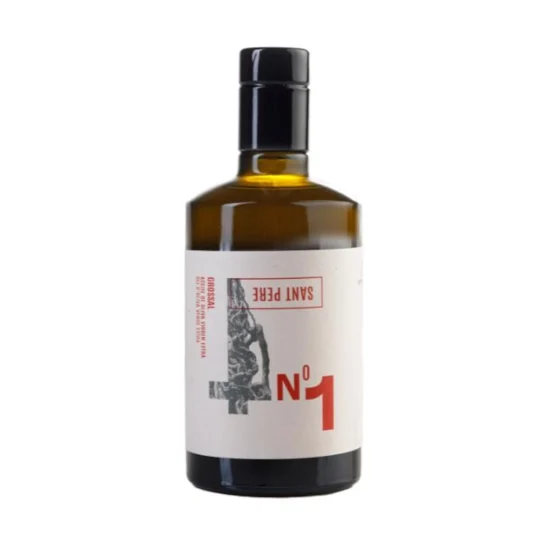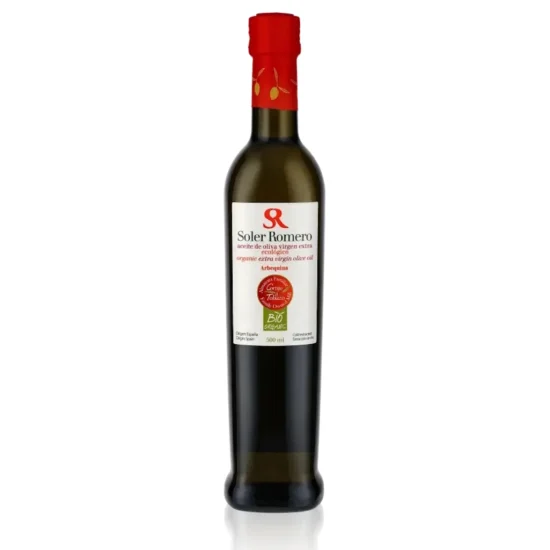The translational research group on cardiovascular diseases, belonging to the Biomedical Research Institute and Nanomedicine Platform of Málaga (IBIMA BIONAND Platform) has carried out a “revolutionary study” that could have a significant impact on the management of kidney diseases in Spain. This is due to the effect on the kidneys of one of the polyphenols present in extra virgin olive oil (EVOO), 3′,4′-dihydroxyphenylglycol (DHPG).
The research focused “on the analysis of the impact of this polyphenolic compound on kidney damage associated with type 1 diabetes, a disease that affects a large number of people in our country. The long-term complications of this disease, such as kidney diseases, represent a significant burden for patients and the health system in Spain.”
The study, carried out on rodents, revealed “promising results. Diabetic animals treated with the polyphenolic compound showed a reduction in oxidative and nitrosative stress, and an increase in the production of prostacyclin, an important biomarker for the maintenance of kidney function,” a decrease in the excretion of proteins in the urine and improvements in the morphological parameters of the glomeruli, key indicators of kidney damage, were observed.”
“Our study shows promising evidence that the administration of DHPG to rodents with type 1 diabetes produces a nephroprotective effect. This is probably due to the sum of its antioxidant, antinitrosative and regulatory effects on prostacyclin production. Furthermore, it is expected that “the synergy of the association of this product with other polyphenolic compounds will improve the renal protection induced by diabetes mellitus,” state Doctors González Correa and De la Cruz Cortés.
These results constitute “an important step in the search for innovative solutions for the prevention and treatment of kidney diseases in Spain. Although further research is needed to fully understand the underlying mechanisms and confirm the results, the discovery of a compound in EVOO with renal protective properties opens new avenues for research and the development of more effective and specific therapies.”
The work published in the journal Nutrients is led by researchers from the translational research group on cardiovascular diseases, whose principal investigators are José Antonio González Correa and José Pedro de la Cruz Cortés. In addition, professionals from the Department of Pharmacology of the University of Malaga, the CSIC Fat Institute, the Gómez Ulla Central Defense Hospital, the Axarquía Hospital and the Málaga-Guadalhorce Health District participate in it.
Important Note: aceitedelcampo.com promotes the consumption of extra virgin olive oil for its culinary qualities and health benefits. However, no medication or current treatment should be replaced without the guidance of a healthcare professional.




ALZAYT EXPORT SL
info@aceitedelcampo.com
C/ Eduardo Bosca 19, 2-5
46023 Valencia
Subscribe and receive a coupon by email for your next purchase.